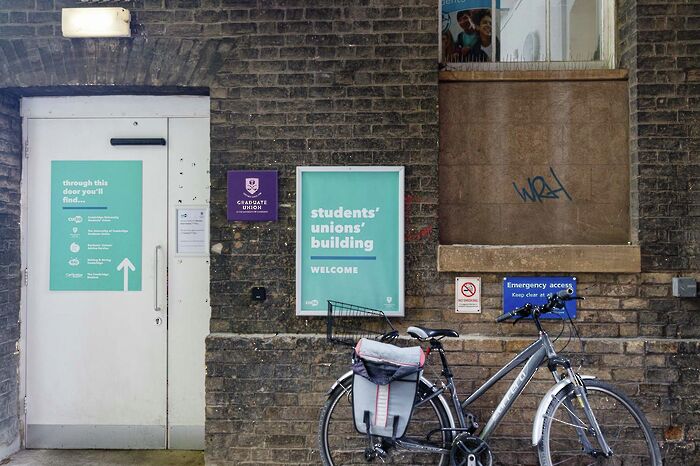SU calls off five-year student survey boycott after University meets demands
Promises include consideration of a reading week report by the end of the academic year

The Student Union has announced they will not be boycotting the National Student Survey in 2022, after the University committed to meet their demands.
In statements released earlier today (21/03), both the SU and the University confirmed agreement on the three demands, which includes a promise to consider the report of the Reading Week Working Group by the end of the academic year.
The University has also pledged to “publicly oppose” unpopular government attempts to link tuition fees to the Teaching Excellence Framework (TEF).
The third pledge involves the promise of a “student consultation framework”, created by the University and SU, to ensure “productive student participation” in decisions made across the University.
Invitations to complete the National Student Survey are sent out to all final-year students annually. The questionnaire asks students to give feedback about the experiences of their course. Results are then used to “inform student decisions” about which courses to study.
Cambridge student representatives have actively boycotted the controversial survey since 2017, when CUSU (the body representing undergraduate Cambridge students before their merger with the Graduate Union) first voted to adopt the policy.
The boycott was motivated by objections to the survey’s links to the marketisation of higher education. Concerns were raised as NSS results are used to inform universities’ ratings under TEF, which has previously been linked to changes in tuition fees.
Reflecting on the agreements, Zaynab Ahmed, SU undergraduate access, education and participation officer, said: “We’re so pleased to see the University make these commitments after years of student campaigning against the NSS.
“One of the biggest limitations of the survey is that it fails to provide nuanced and contextualised information about studying at Cambridge, so I’m especially excited to develop a Student Consultation Framework with the University, which we hope will give students more opportunity to voice their opinions throughout their time here.
“We’re glad that the University agrees with Cambridge SU that the NSS, which informs the Teaching Excellence Framework, should not, and cannot, be used by the Government to change university tuition fees.”
Graham Virgo, the senior pro-vice-chancellor, said: “I am pleased to have worked closely with the SU on the important issues of student consultation and feedback. Student participation is valuable, both in our own decision-making processes, and in the National Student Survey.
“I encourage all final-year students to fill it in: it is quick to complete and gathers valuable information on students’ opinions. What we learn from the survey can be used to make changes that will make a real difference to future students…the survey really does help prospective students make informed decisions on where and what to study.”
 News / SU reluctantly registers controversial women’s soc18 December 2025
News / SU reluctantly registers controversial women’s soc18 December 2025 Features / Should I stay or should I go? Cambridge students and alumni reflect on how their memories stay with them15 December 2025
Features / Should I stay or should I go? Cambridge students and alumni reflect on how their memories stay with them15 December 2025 News / Dons warn PM about Vet School closure16 December 2025
News / Dons warn PM about Vet School closure16 December 2025 News / Cambridge study finds students learn better with notes than AI13 December 2025
News / Cambridge study finds students learn better with notes than AI13 December 2025 News / Uni registers controversial new women’s society28 November 2025
News / Uni registers controversial new women’s society28 November 2025










